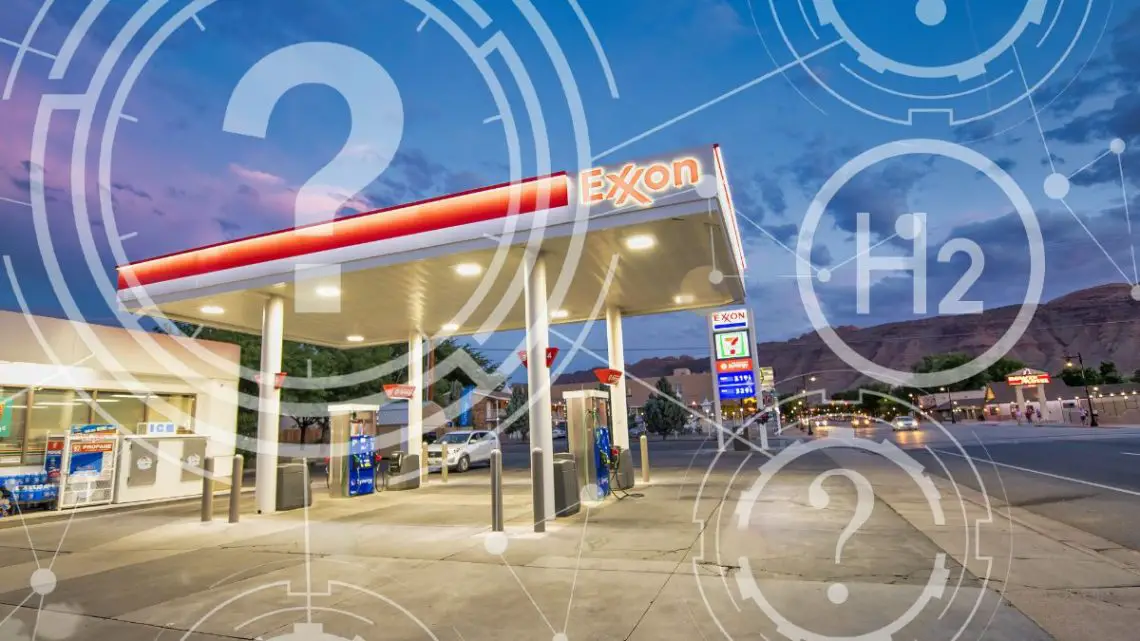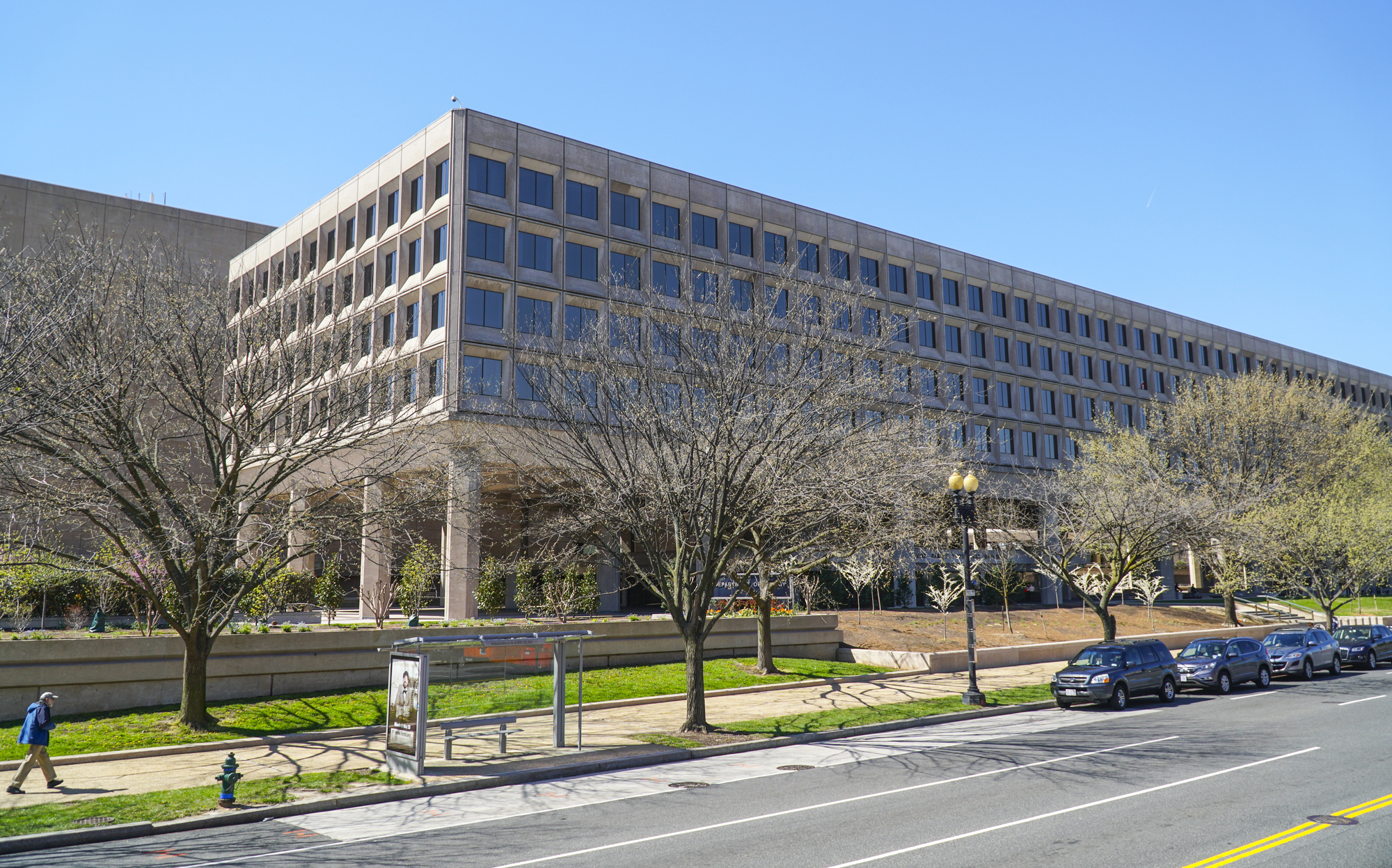
Exxon CEO Demands Fair Play In Hydrogen Subsidies, Threatens Project Cancellation
March 20, 2024In a move that underscores the intensifying debate over the direction of America’s energy future, ExxonMobil’s CEO, Darren Woods, has taken a definitive stance on federal subsidies, advocating for the inclusion of blue hydrogen in the Inflation Reduction Act’s (IRA) incentive plan. His recent statements at the CERAWeek by S&P Global conference have set the stage for a potential industry shake-up.
Pressure at the Pinnacle: Exxon’s Ultimatum
Exxon, a key player in the push toward a low-carbon economy, is in the spotlight with its ambitious plans for the world’s largest low-carbon hydrogen facility in Baytown, Texas. The company has made it clear that the project’s fate heavily depends on its eligibility for IRA subsidies, a benefit currently reserved solely for green hydrogen initiatives.
“We’re investing billions of dollars to reduce the carbon intensity of our natural gas. Why would the regulation not give companies doing that any credit?” Woods questioned sharply during his interview with Bloomberg. “That will basically instantly stop investments to reduce carbon intensity by the industry as a whole.”
Woods’ comments resonate with Exxon’s warning earlier this year when the company postulated a grim outlook for their Baytown venture unless the terms of the federal government’s incentive plan are reconsidered.

Department of Energy in Washington – WASHINGTON DC – COLUMBIA – Image Credit: DepositPhotos
A Crucial Intersection for U.S. Energy Policy for Hydrogen Subsidies
Exxon’s forthright demands bring into sharp relief the broader issue at play: defining the scope of federal support in America’s quest for decarbonization. The IRA, at its core, champions subsidies for green hydrogen to the tune of $3 per kilogram, overlooking other hydrogen production methods like the blue hydrogen proposed by Exxon which includes carbon capture in its process.
This selective support comes at a critical juncture, as Department of Energy (DOE) Undersecretary for Infrastructure David Crane emphasizes the role of hydrogen as an “absolutely key pillar” in the nation’s decarbonization efforts. With the DOE fostering $7 billion hydrogen hub projects, the government’s strategy appears unequivocal, yet Exxon’s ultimatum has stirred the pot of a longstanding debate over governmental role in market selection and energy innovation.
The Narrative of Progress and Potential Impasse
Looking back to October 2023, ExxonMobil had already positioned itself as a catalyst for a hydrogen-driven future with their pledged support for a network of hydrogen fueling stations. Such a commitment to the “hydrogen highway” hinted at a strategic alignment with federal priorities for a low-emissions transportation infrastructure.
However, the present impasse paints a different picture — one where Exxon’s ambitious vision for a sprawling hydrogen producer, capable of significantly trimming Baytown refinery emissions by a third, is starkly juxtaposed with prevailing federal policies.
With Exxon ranked as the second-largest operator of gas stations in the United States, the potential fallout from a retracted Baytown hydrogen project could ripple through the nascent hydrogen industry. The much-advocated widespread adoption of hydrogen could face a setback, underscoring the delicate yet charged intersection of private and public sector interests in energy evolution.
Moving Forward — The Path Ahead
The crux of the contention lies in policy alignment versus commercial realities. While Exxon seeks recognition for its blue hydrogen variant, the Biden administration’s unwavering commitment to promoting green hydrogen acts as a counterpoint, forecasting a hard road ahead for negotiation and compromise.
What unfolds from this discord will not only influence the trajectory of Exxon’s Texas project but also hold implications for the hydrogen industry at large and federal energy policies. The outcome may well be a bellwether for America’s approach to balancing environmental stewardship with technological pragmatism.
Tensions remain high as industry leaders and policymakers grapple with the emergent challenges of a clean energy transition. Only time will reveal if consensus can be reached, fostering an environment that incentivizes a diverse array of sustainable energies and upholds the narrative of progress that has long driven American innovation.



 HFN News is your leading source for fresh hydrogen and renewable energy updates. Amid the fast-paced growth of hydrogen companies, we provide top-notch news and insights about this exciting sector. Our coverage spans from hydrogen cars to global sustainable initiatives, and we highlight the latest in green jobs and developing hydrogen hubs. We invite you to share your local hydrogen news and explore today’s renewable energy job listings on our site. Thanks for choosing HFN News as your trusted guide to the hydrogen and renewable energy world!
HFN News is your leading source for fresh hydrogen and renewable energy updates. Amid the fast-paced growth of hydrogen companies, we provide top-notch news and insights about this exciting sector. Our coverage spans from hydrogen cars to global sustainable initiatives, and we highlight the latest in green jobs and developing hydrogen hubs. We invite you to share your local hydrogen news and explore today’s renewable energy job listings on our site. Thanks for choosing HFN News as your trusted guide to the hydrogen and renewable energy world!